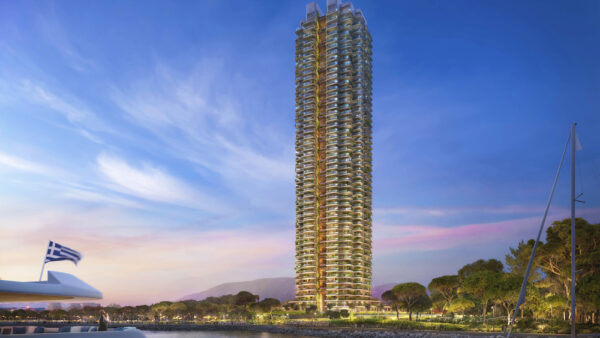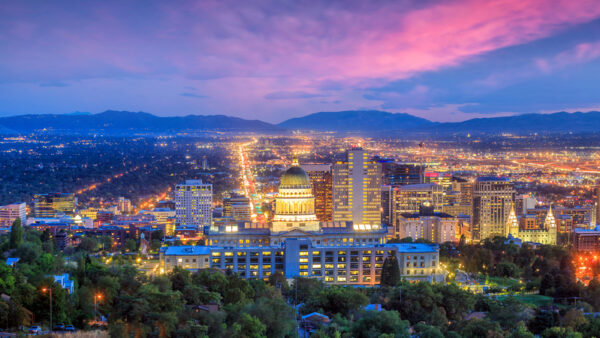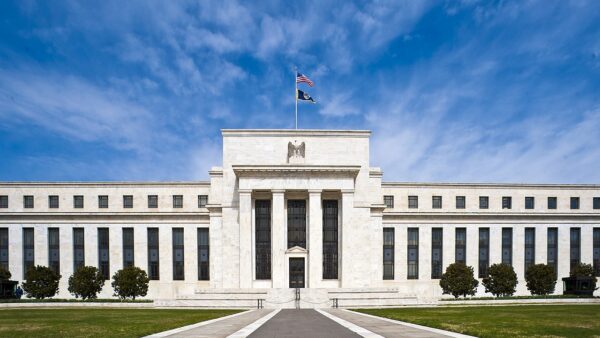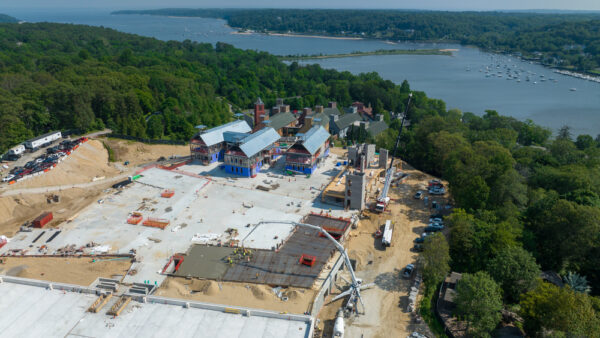Singapore will allow 5% more of its foreign construction workforce to resume work next month, cautiously bringing the total active workforce to 10%.
But contractors have to abide by strict safety criteria, and test all returning workers for Covid-19.
“A gradual resumption is necessary, to minimise the risk of new Covid-19 outbreaks among construction workers,” the Building and Construction Authority (BCA) said on Friday (15 May).
Now, only about 5% of the construction workforce, some 20,000 people, have continued working through the “circuit breaker”, a suite of policies designed to stop the spread of the coronavirus, imposed on 7 April.
These were working on a “very small number of critical infrastructure projects and those that have to continue for safety reasons”, BCA said.
From 2 June, more construction projects will resume, and a further 5% of the workforce will be allowed back to work over the month.
“These would be projects that cannot be left idle for too long due to safety concerns, and critical and time-sensitive projects, such as MRT and Deep Tunnel Sewerage System (DTSS) tunnelling projects,” BCA said.
Previously suspended residential renovation works will also be allowed to resume.
At first, Singapore seemed to have the outbreak under control, but the country saw Covid-19 cases begin to rise steeply in mid-April among foreign workers in shared accommodation, leading to widespread quarantining of dormitories.
Strict safety rules
All projects will require approval from the BCA before they can restart.
Workers will have to be tested before returning to site, with costs borne by employers.
Contractors must follow strict safety rules on restarted projects.
They must track the health of workers daily, and manage workers’ interactions on rest days.
Sites will have to use a national digital check-in system to record all entries and exits.
Workers must be segregated into different work zones, and have staggered breaks.
BCA said it is working with trade bodies to develop these criteria.
BCA chief executive Hugh Lim said: “We recognise that such measures are an additional imposition, and we are heartened that companies do see the need to protect their workers, and to prevent further outbreaks of Covid-19 which may halt work, and derail the restart.”
Image: Singapore seemed to have the outbreak under control, but cases rose steeply in mid-April among foreign workers (Kelvin Zyteng/Unsplash)






